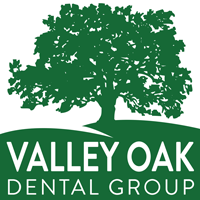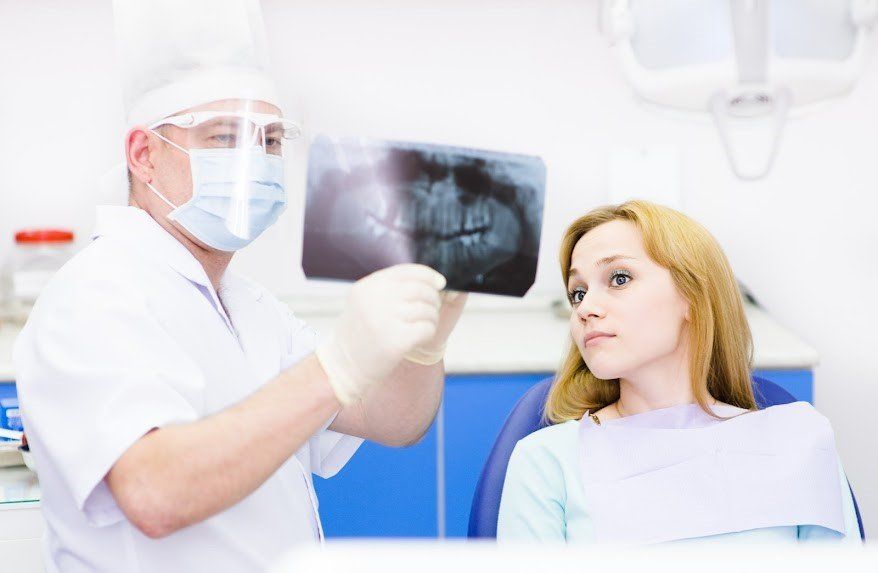Valley Oak Dental Group
Your diet has one of the most significant effects on your total oral health. Drinking too much soda can accelerate tooth decay, while drinking wine or coffee can lead to stains. Some dietary problems are particularly harmful; eating disorders affect the whole body, including teeth.
Since eating disorders can affect people of all ages, it’s important for you to know the risks and signs of eating disorders. If you’re a parent, you can catch the behavior and put your child in treatment before any serious damage is done. If you’re a roommate, spouse, or friend of someone who struggles with body image, you can likewise take action to get them help.
Here’s how eating disorders affect the teeth, what you can do to realize there is a problem, and why relying on your dentist as a health professional can help stop related tooth diseases before they progress too far.
Tooth Problems
The most common eating disorders are bulimia and anorexia nervosa. Those with bulimia go through episodes of binging and purging, either through induced vomiting or laxatives. They might also “purge” through hours of excessive exercise. Anorexia is controlled starvation where the person gradually but decisively reduces their nutrient intake to almost nothing.
The effects of these disorders on the body are marked, but the teeth are affected in the following ways:
- Increased decay, especially on the backside of the teeth. The increased decay comes from the acidic nature of stomach contents. Occasional vomiting during illness is normal, and the teeth can handle it. Daily or even weekly vomiting will take its toll. In severe cases, the enamel completely erodes and teeth begin to lose their height.
- Bleeding gums. Both bulimia and anorexia will lead to a lack of vital nutrients. The soft tissue of the gums is sensitive and will bleed more frequently due to poor vitamin and mineral balance.
- Dry mouth. Eating disorders enlarge salivary glands, leading to less saliva. Dry mouth increases the risk of dental caries.
- Cracks and sores. Nutrient deficiencies of iron, vitamin D, calcium, and B-vitamins will make the mouth more prone to canker sores, bad breath, and decreases moisture. It’s not uncommon to see white-tinged gums or cracked lips from excessive dryness. Increase sensitivity caused by these wounds will make brushing and flossing painful.
As you can see, dental trouble from eating disorders can lead to serious dental injury, like gum disease and advanced decay. Fortunately, this damage happens gradually, and your dentist should notice the damage to the teeth.
Help From the Dentist
Dentists are often the first line of defense when it comes to catching disordered eating, so you should always use and recommend a dentist your trust. If you or your loved one is struggling with an eating disorder, it’s important that you or your loved one are honest with your care providers when they ask about the tooth damage.
Eating disorders have many stages for recovery. It might take months before harmful behavior begins to subside. Your dentist can provide solutions to protect the teeth from too much harm as you work through treatment. Your dentist will likely discuss:
- Restorative solutions for damaged teeth. When you (or your loved one) are fully in recovery, if you need restorative or cosmetic treatment like crowns, implants, or whitening, your dentist can devise a timeline for when these treatments will be wise.
- Protective methods to save teeth from further damage during healing. Unfortunately, as with many behavioral disorders, eating disorder recovery does not happen with the flick of switch and some medication. Healing requires time and patience, and slip ups occur. Your dentist can provide a dental care plan to navigate the ups and downs of recovery.
- Continued examinations. It helps for recovering individuals to be accountable to a dentist. As such, it’s important to stick with cleanings and x-rays both during and after recovery.
Your dentist can give you more in-depth information about the right care for your specific situation.
Help at Home
Recovering individuals need plenty of home support. Be aware of the signs of eating disorders, and try to remain supportive of attempts to heal. For dental health care at home, you can remind yourself or a loved one to:
- Rinse out your mouth after meals or after a relapse. Brushing directing after purging can be harmful to the teeth, but it’s still important to dull corrosive effects by rinsing.
- Take prescribed vitamins and minerals. These will help to prevent tissue damage in the mouth.
- Stay out of the bathroom after meals, and perhaps take a short walk out of the house during this time. This activity can help curb the desire to purge immediately after meals.
You should also refrain from commenting on weight. Don’t use ultimatums or increase shame by saying things like, “You’re harming yourself and your family.” Instead, provide words of encouragement and empowerment.
Also, never reduce the severity of an eating disorder with statements like, “You can choose to feel better,” or “You can improve if you only put your mind to it.” These statements simplify the complexity of eating disorders, which normally have several triggers and underlying psychological causes.
For more information on how your dentist can help you or someone you know with the dental problems caused by an eating disorder, contact us at Valley Oak Dental Group Inc.
Share Post
Search Post
Recent Posts








